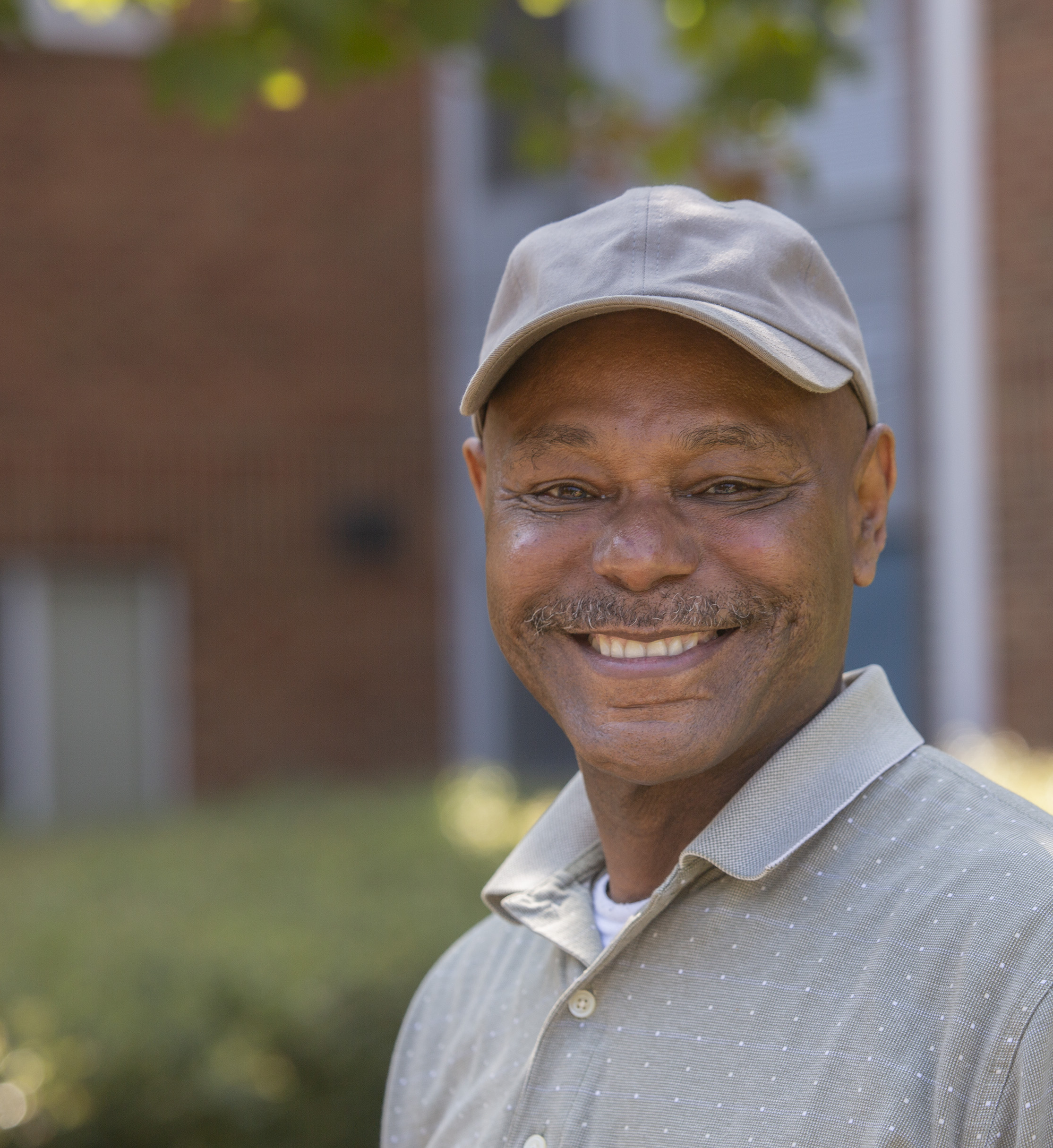Feeling guilty…don't
Posted on June 24, 2009
“You did what?” I remember my husband asking me incredulously when I told him I had given $20 to a woman asking for money outside the grocery store. “But, she really seemed genuine. I mean it was a very believable story,” I retorted defensively, all the while secretly kicking myself for being a sucker and realizing I had just been taken.
I have always considered myself a level-headed person with common sense and not a bleeding heart. So his reaction deeply bothered me. Why had I given the woman $20? Like thousands of other good-hearted Americans would — I believed her story, felt sorry for her and wanted to help.
I no longer give money to people who ask me on the street; and I don’t feel bad about it. Whether it’s triggered by substance abuse, mental illness, con artistry or honest misfortune, panhandling is not a healthy lifestyle. It doesn’t help the panhandler, sympathetic citizen or community. There also can be serious and deadly consequences of panhandling. A few years ago, one of the residents of the supportive housing apartments we operate was killed while panhandling. A motorist struck him on the median of a busy street. His needless, wasteful death could have been avoided.
So, why are people in our community still panhandling? The answer is not simple. Over the last fifteen years, our public income safety net for low-income single adults has been eroded. Many panhandlers have disabilities that prevent them from working, but they also have trouble navigating the bureaucratic maze to secure disability benefits. Others have multiple barriers to employment (limited education, lack of transportation) and have difficulty securing jobs that continue to migrate into the counties. Some have active and untreated problems with addiction. Lastly, the presence of con artists who see an easy mark in the sympathetic public cannot be discounted.
What can be done about it? Many communities have passed ordinances banning panhandlers, resulting in some arrests and upsetting civil libertarians. (Isn’t it our right as Americans to stand on a corner asking for a handout?) But that hasn’t stopped the problem.
Homeward, our regional coordinating body, whose mission is to reduce homelessness by initiating creative solutions and coordinating regional resources and services, recently got a grant for a marketing campaign to try and stop panhandling. They have launched a multi-level media campaign, trying to get citizens to stop giving to panhandlers and to invest in local non-profits like VSH who are providing solutions for people with very low incomes.
For panhandlers who are homeless, some community resources exist. Richmond has 1,000 shelter and transitional housing beds for those who are homeless; we serve meals daily; and we have a program for people with substance abuse problems, The Healing Place, that is peer driven and takes into account the fact that people relapse numerous times before they become serious about recovering. VSH also has an array of permanent supportive housing programs for individuals who’ve experienced homelessness.
Panhandling actually undermines the work that we do. So, if you do feel the need to help panhandlers, tell them where they can eat or sleep for free, get them to one of the many non-profit agencies that exist to help folks like them, or donate to a non-profit to invest in providing real solutions to these difficult community problems. We are here, not to enable people, but to empower them.


